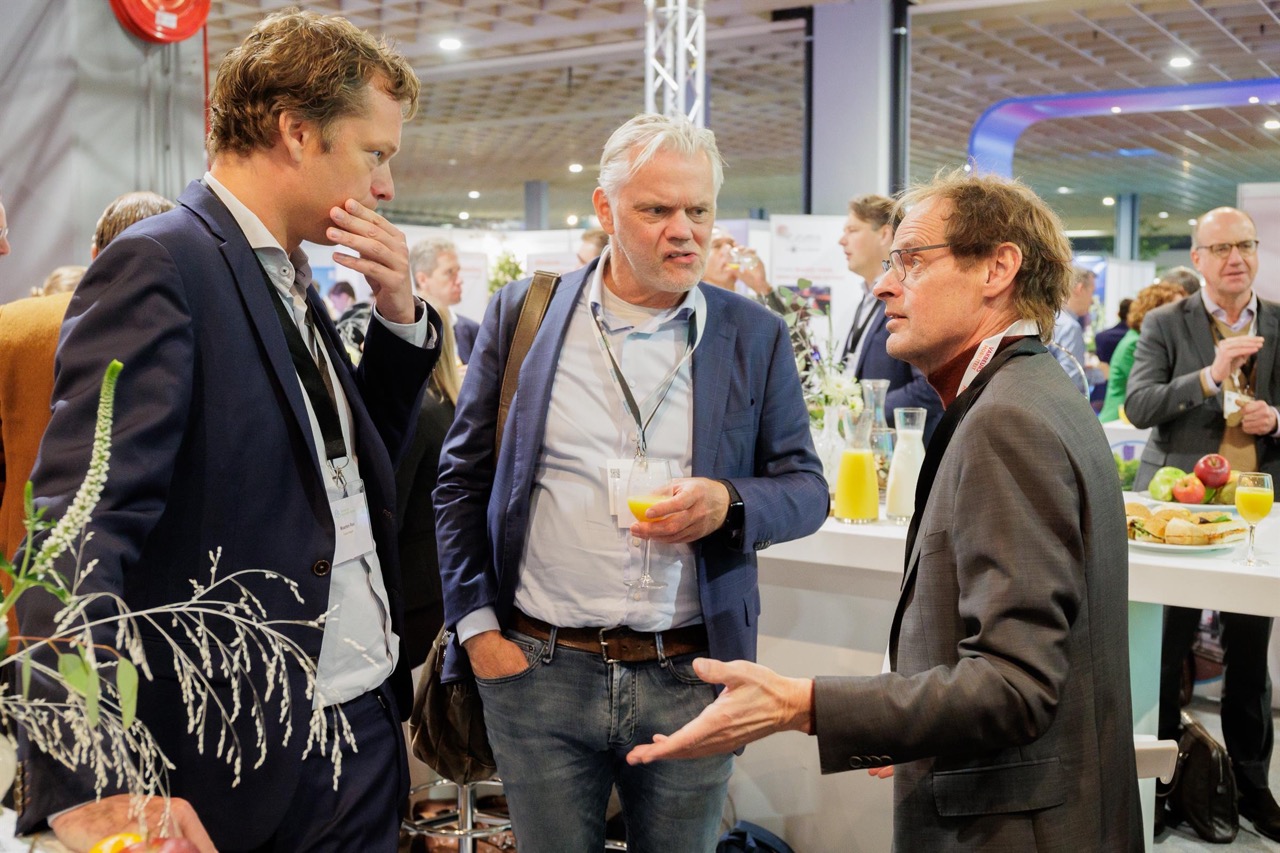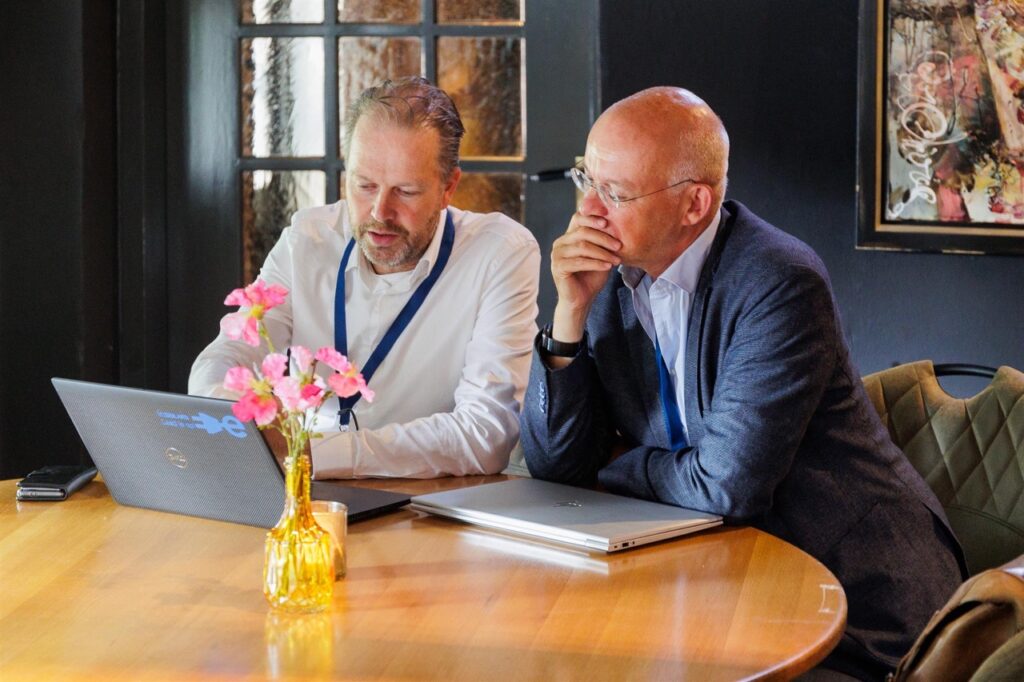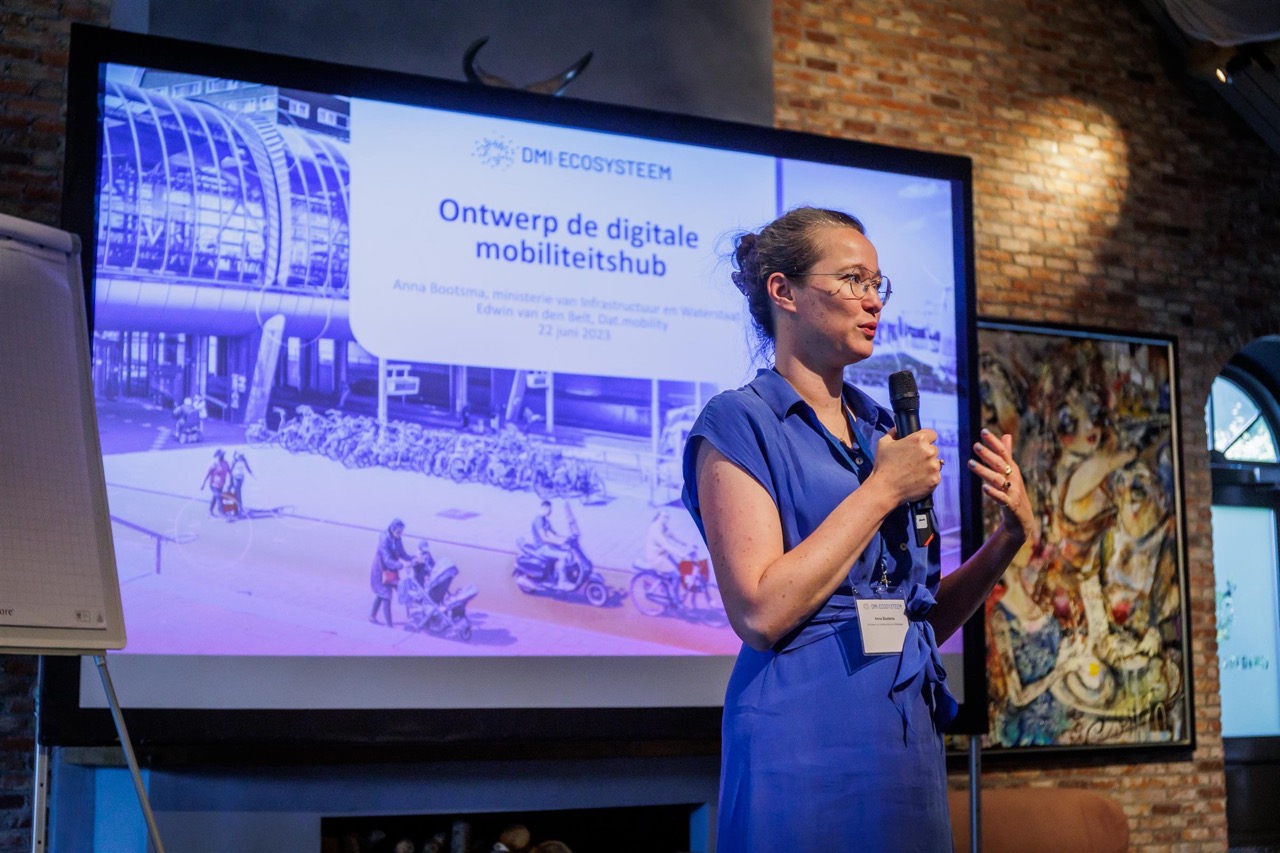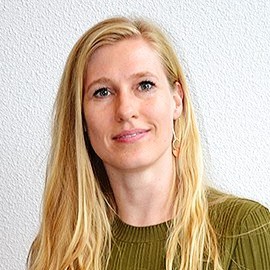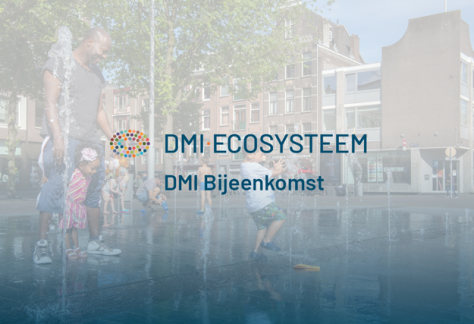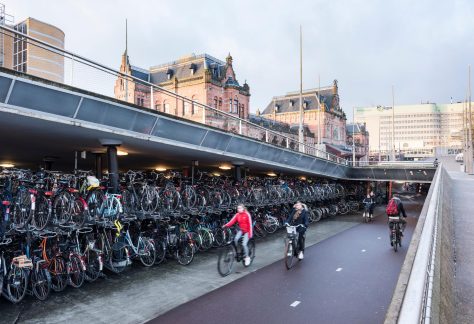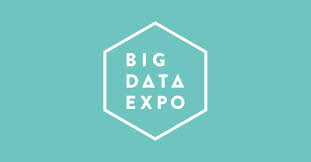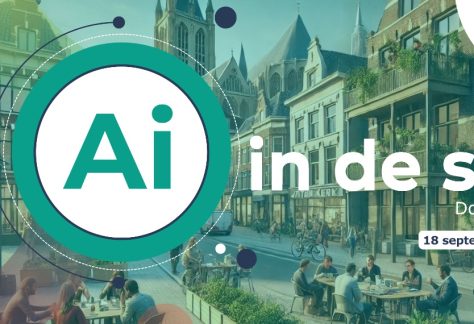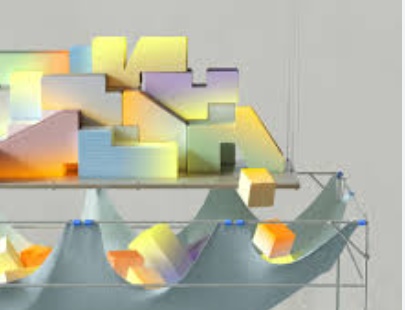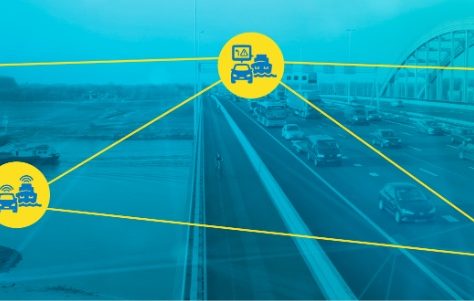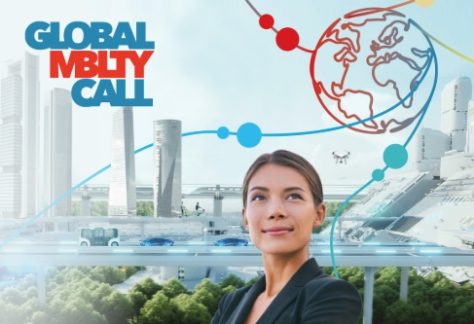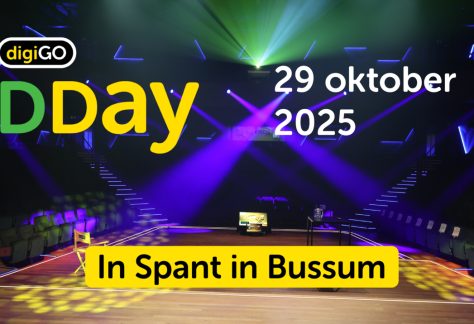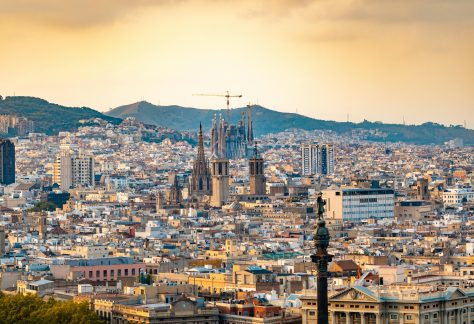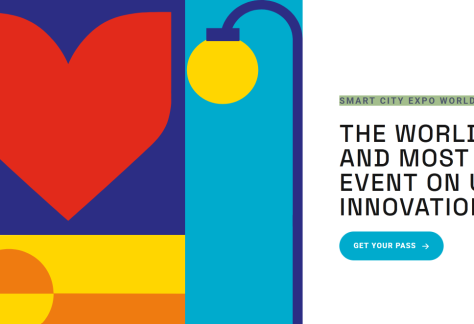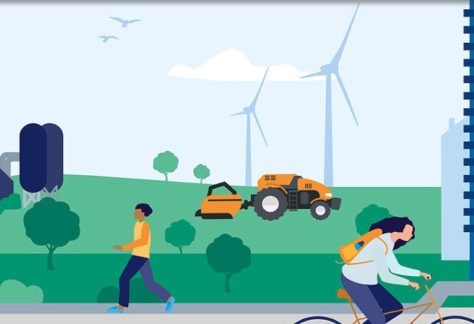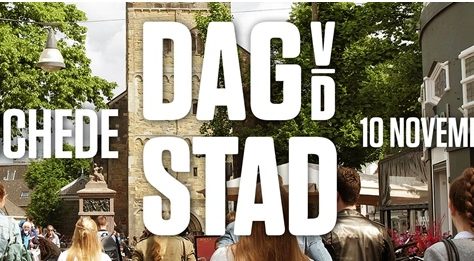Knowledge
Sharing, applying, unlocking and securing knowledge: it is an important foundation for making cities smarter and more sustainable. The Knowledge theme works on the (further) development of instruments and methodologies, validation of outcomes, reuse of best practices, knowledge and competence development and the connection between sectors and domains. We are also looking at what is needed to accelerate knowledge transfer, development and assurance in the ecosystem from the questions and opportunities of ecosystem participants. This can be done online through the collaboration platform, through various types of meetings at the DMI Center or on site on location with those directly involved. We also actively contribute from Knowledge on how the DMI-ecosystem can contribute to the broad prosperity goals in the physical domain.

